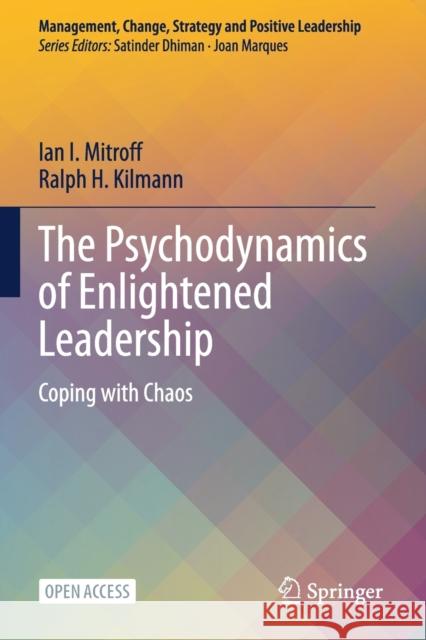The Psychodynamics of Enlightened Leadership: Coping with Chaos » książka
topmenu
The Psychodynamics of Enlightened Leadership: Coping with Chaos
ISBN-13: 9783030717667 / Angielski / Miękka / 2021 / 86 str.
The Psychodynamics of Enlightened Leadership: Coping with Chaos
ISBN-13: 9783030717667 / Angielski / Miękka / 2021 / 86 str.
cena 160,99
(netto: 153,32 VAT: 5%)
Najniższa cena z 30 dni: 154,18
(netto: 153,32 VAT: 5%)
Najniższa cena z 30 dni: 154,18
Termin realizacji zamówienia:
ok. 16-18 dni roboczych.
ok. 16-18 dni roboczych.
Darmowa dostawa!
Kategorie:
Kategorie BISAC:
Wydawca:
Springer
Seria wydawnicza:
Język:
Angielski
ISBN-13:
9783030717667
Rok wydania:
2021
Wydanie:
2021
Numer serii:
000844090
Ilość stron:
86
Waga:
0.15 kg
Wymiary:
23.39 x 15.6 x 0.53
Oprawa:
Miękka
Wolumenów:
01
Dodatkowe informacje:
Wydanie ilustrowane











